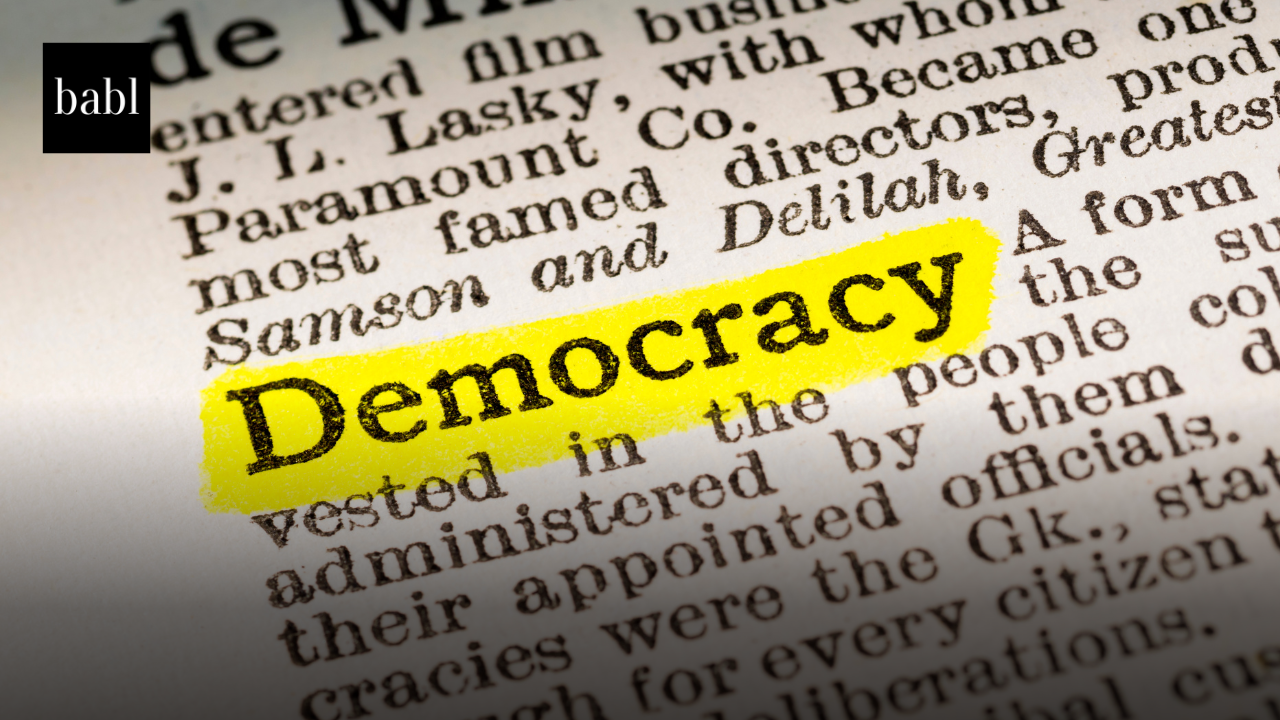The Westminster Foundation for Democracy (WFD) has published a comprehensive 2024 guideline aimed at helping parliaments worldwide responsibly integrate artificial intelligence (AI) into their operations. Titled “Guidelines for AI in Parliaments,” the document, finalized in July 2024, offers a structured approach for parliaments seeking to leverage AI while safeguarding ethical standards, public trust, and democratic principles.
Balancing Innovation and Democratic Principles
As AI becomes more common in legislative environments, the WFD stresses that innovation must go hand in hand with accountability. The guidelines highlight how AI can strengthen parliamentary processes—through real-time debate transcription, document summarization, and citizen engagement tools—while reminding leaders that such systems should enhance, not replace, human decision-making. Developed by a working group of 22 experts from 16 countries, the guidelines outline the opportunities and risks AI brings to democratic institutions. They cover six central areas: ethical principles, artificial general intelligence (AGI), privacy and security, governance and oversight, system design, and capacity building.
Ethical Principles and Oversight
The ethical principles section sits at the core of the framework. It calls on parliaments to uphold accountability, transparency, fairness, and respect for human rights in every AI deployment. The WFD recommends creating independent oversight bodies and maintaining open data practices to strengthen public trust. The guidelines also emphasize that AI must remain under human supervision. Over-reliance on automation, the WFD warns, could weaken parliamentary autonomy. Ensuring human oversight prevents AI from unduly influencing legislative decision-making or public communication.
Governance, Privacy, and Security
In governance and oversight, the guidelines urge parliaments to embed AI within broader digital strategies. That includes establishing ethical oversight committees, enforcing data governance protocols, and performing regular evaluations of AI systems to ensure safety and reliability. For privacy and security, the WFD endorses privacy-by-design principles and strong data protection standards. It encourages parliaments to collaborate with cybersecurity experts to secure sensitive information and prevent data breaches.
Building Capacity for Responsible AI Adoption
Capacity building is another major focus. The WFD calls for ongoing education and training programs to help lawmakers and staff understand AI technologies and their implications. Knowledge exchange initiatives, cross-parliamentary collaboration, and public awareness efforts are key steps toward fostering informed decision-making. The guidelines also encourage parliaments to adapt these recommendations to their own national and institutional contexts. The document’s flexibility allows countries to tailor the framework to their unique political, legal, and technological environments.
A Framework for Global Collaboration
The WFD hopes these guidelines will foster international cooperation and responsible innovation. By sharing best practices and lessons learned, parliaments can build a global network dedicated to ethical and transparent AI governance.
Need Help?
If you have questions or concerns about the WFD’s guidelines, or any global AI regulations and laws, contact BABL AI. Their Audit Experts can provide insight and help your organization remain informed and compliant.





